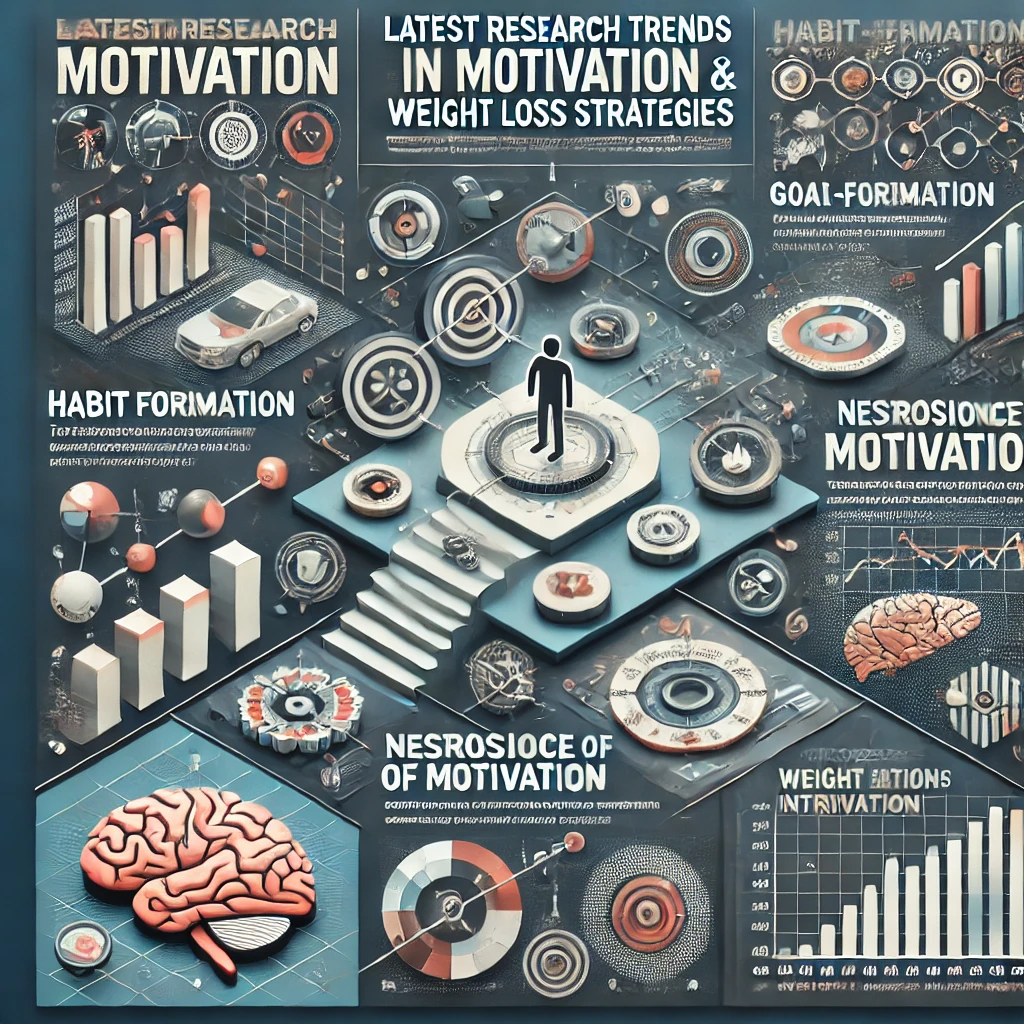Recent research has delved into various strategies to enhance motivation and effectiveness in weight loss. Key trends include:
1. Digital Health and Personalized Interventions
The integration of digital health tools, such as mobile applications and wearable devices, has become prominent in weight loss strategies. These technologies facilitate personalized interventions by tracking individual behaviors and providing tailored feedback. Studies have shown that personalized financial incentives, delivered through mobile platforms, can significantly boost adherence to weight loss programs. An adaptive optimization approach has been proposed to efficiently allocate these incentives, ensuring cost-effectiveness while promoting sustained behavior change.
2. Self-Determination Theory and Intrinsic Motivation
Understanding the role of intrinsic motivation is crucial for long-term weight management. Self-determination theory emphasizes the importance of autonomy, competence, and relatedness in fostering intrinsic motivation. Research indicates that individuals who internalize these aspects are more likely to engage in health-promoting behaviors and achieve sustainable weight loss. Motivators such as health concerns, body satisfaction, and family support have been identified as significant drivers in this context.
3. Intuitive Eating and Mindful Practices
Shifting away from traditional dieting, intuitive eating encourages individuals to listen to their body’s hunger and fullness cues, fostering a healthier relationship with food. This approach has been associated with improved psychological well-being and weight stability. By focusing on internal signals rather than external restrictions, individuals may experience reduced instances of disordered eating and greater body appreciation.
4. Goal Setting and Early Success Indicators
The process of setting achievable goals and recognizing early successes plays a pivotal role in maintaining motivation. Data from activity tracking applications reveal that users who experience early progress are more likely to sustain their weight loss efforts. For instance, initial weight loss within the first week can be a strong predictor of long-term success, highlighting the importance of early positive reinforcement.
5. Comprehensive Mapping of Appetite Regulation
Advancements in neuroscience have led to detailed mapping of brain regions involved in appetite control. Researchers at Cambridge University have developed an extensive map of the human hypothalamus, providing insights into the genetic profiles and interactions of cells regulating appetite and energy balance. This breakthrough holds potential for creating more effective, personalized weight loss interventions with fewer side effects.
In summary, contemporary research emphasizes the integration of technology, personalized approaches, and a deep understanding of psychological and physiological factors to enhance motivation and efficacy in weight loss strategies.



